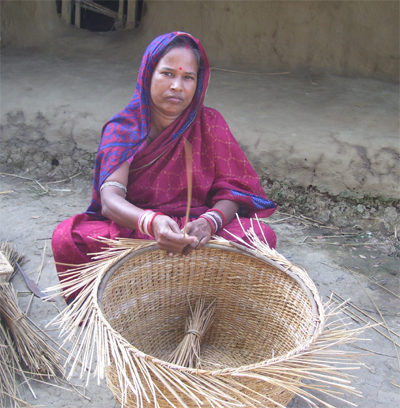Mar 01, 2026
Mar 01, 2026
 Tank liked this new approach to philanthropy. A few clicks of the mouse and a credit card transaction later, he became a Rang De social investor, with Rs 4,000 (US$1=Rs 46.7) invested in a diversified portfolio: Vegetable vending, tailoring, tea stalls and so on. Rang De encourages and facilitates lender-borrower interaction through field trips and audio-video evaluations so Tank was able to travel to travel to the interiors of Maharashtra some months later to check on the borrowers' progress.
Tank liked this new approach to philanthropy. A few clicks of the mouse and a credit card transaction later, he became a Rang De social investor, with Rs 4,000 (US$1=Rs 46.7) invested in a diversified portfolio: Vegetable vending, tailoring, tea stalls and so on. Rang De encourages and facilitates lender-borrower interaction through field trips and audio-video evaluations so Tank was able to travel to travel to the interiors of Maharashtra some months later to check on the borrowers' progress.
15-Aug-2010
More by : Smita Deodhar